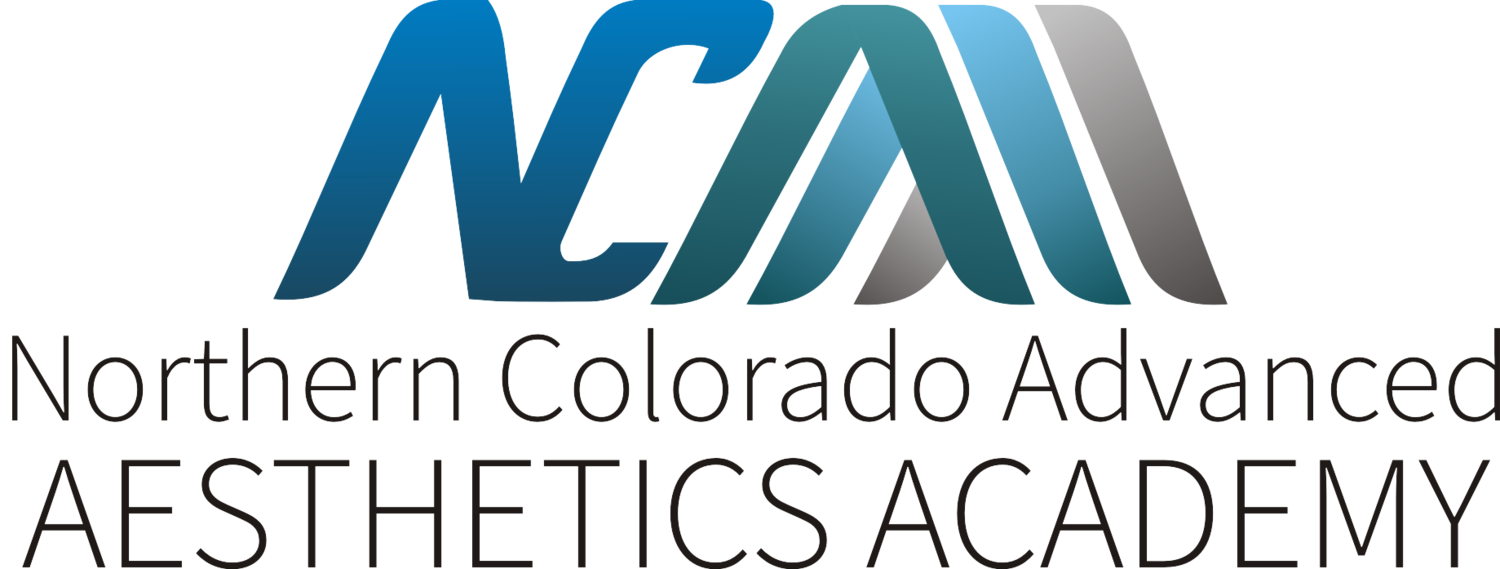The Difference between an Esthetician and a Cosmetologist
When you were still a child, you probably sneaked into your parent’s room to get your mom’s makeup kit. If you are still passionate about hairstyling, nail treatments, or skincare, as an adult, you probably should pursue a career as a beauty professional. You may find a job as an esthetician or a cosmetologist rewarding.
Before pursuing your dreams, you need to study in an aesthetic academy. Now, you might be wondering the difference between an esthetician and a cosmetologist. If this is one of your burning questions, you should continue reading this article. It will help define your career.
What Is an Esthetician?
An esthetician is an accredited skincare specialist. She will perform skin treatments to improve the client’s skin health and appearance. The duties of an esthetician are to maintain the client’s skincare regimen and provide advice on skincare and products. She will also recommend skin treatments to treat skin problems.
Esthetician is also known as a skincare specialist. She goes through a 600-hour program in an aesthetic academy and is expected to follow specific standards of conduct.
What Is a Cosmetologist?
A cosmetologist is also an accredited specialist training in varied beauty-related areas. Hairdressers and nail technicians are licensed cosmetologists who receive training to create and maintain techniques related to hair and nails. They often work in salons, spas, hotels, and resorts. They generally undergo 1,500 hours of training to receive their certifications.
Cosmetology students learn how to style, cut, color hair, clean shape, and paint nails in the aesthetic academy. They sometimes receive basic training on how to give facials.
They are trained in cutting, coloring, styling, designing hair and nail shaping, cleaning, and painting. They also learn to clean skin.
What Are Their Career Prospects?
Estheticians and cosmetologists can work a variety of jobs depending on their interests. Some work in the salon, some work in medical spas, others work in their beauty practice.
Estheticians who work as spa technicians perform various services to help clients relax and recover, with some performing facials, exfoliation treatments, and nail care. They may also perform receptionist duties and ensure that clients feel pampered and cared for.
Permanent makeup technicians use pigments to tattoo eyebrows, lips, and other features on clients who want permanent makeup. They discuss their clients’ goals to arrive at the optimal designs and colors before tattooing the pigment onto their skin. Permanent makeup technicians provide clients with instructions for their tattoos following the procedures.
Medical estheticians specialize in skincare for dermatology, oncology, and plastic surgery. They provide treatments for acne, microdermabrasion, rashes, burns, scarring, and preventative care. Medical and paramedical estheticians/ often take additional training courses to become master estheticians.
Considering estheticians have received extensive training, they often act as skincare specialists at salons and beauty stores. They might provide facials and head, neck, and shoulder massages to help clients de-stress and revitalize their skin.
Conclusion
Pursuing your passion will help you excel in your chosen field. If you have always been interested in skincare, consider a career as an esthetician or a cosmetologist.
You should start your training as an esthetician or cosmetologist from Northern Colorado Advanced Aesthetics Academy. We are a reputable aesthetics academy that provides comprehensive programs for both careers. Call us now to inquire about our curriculum.
